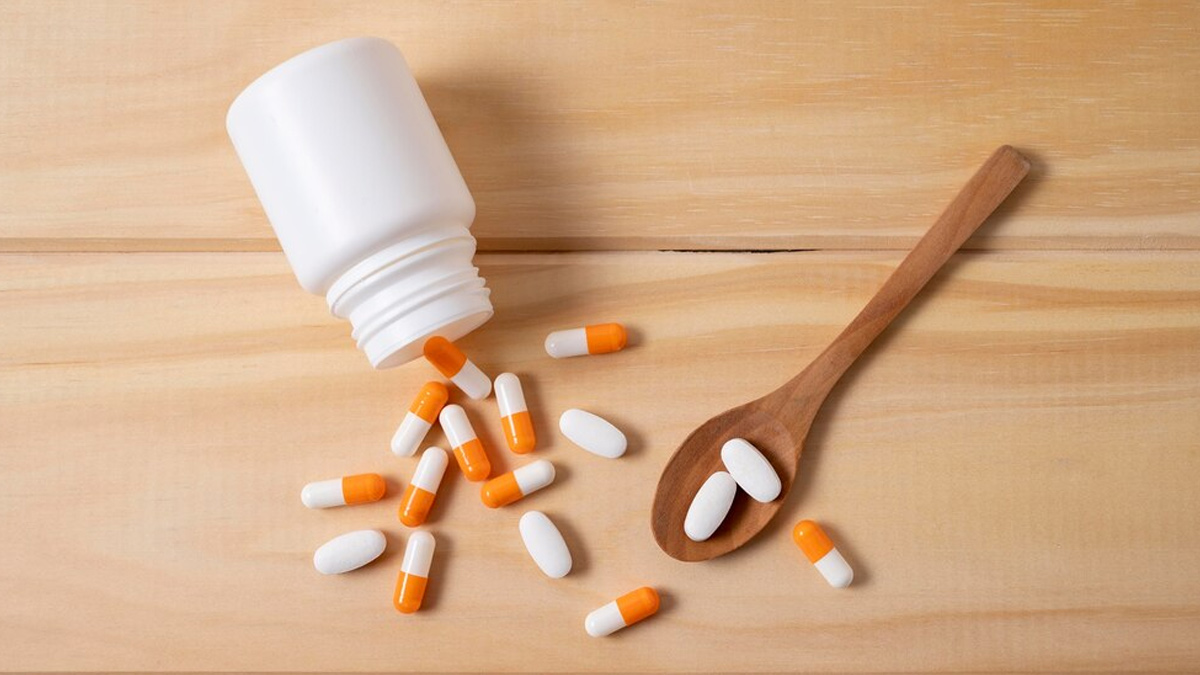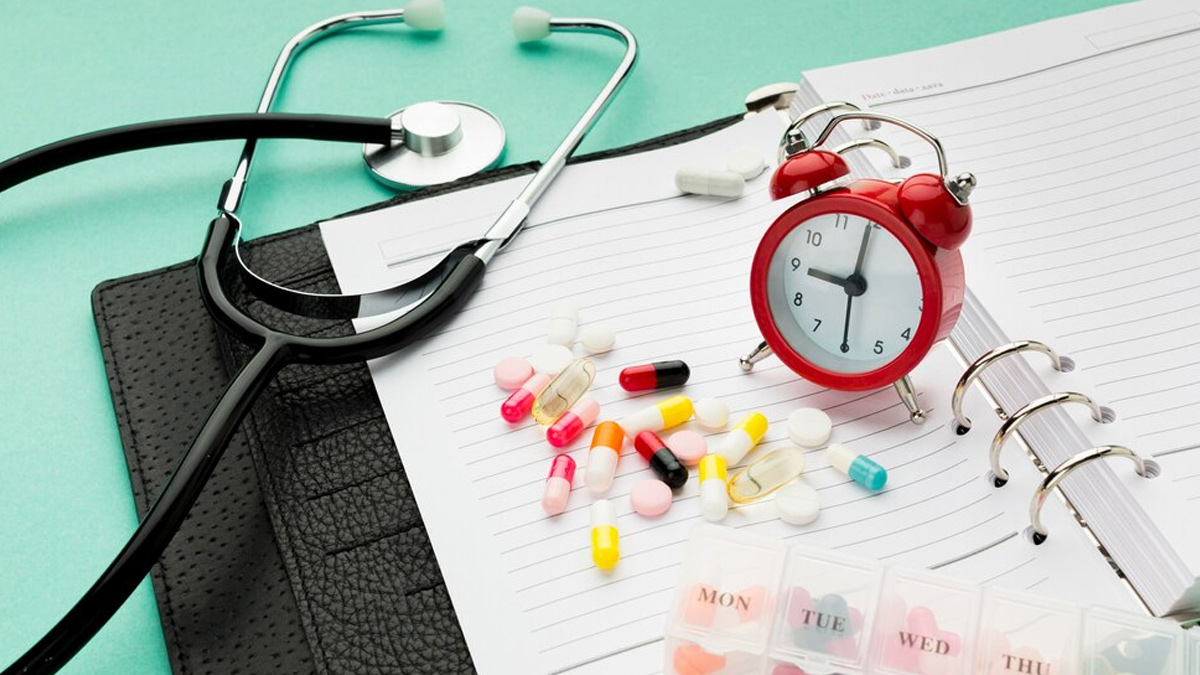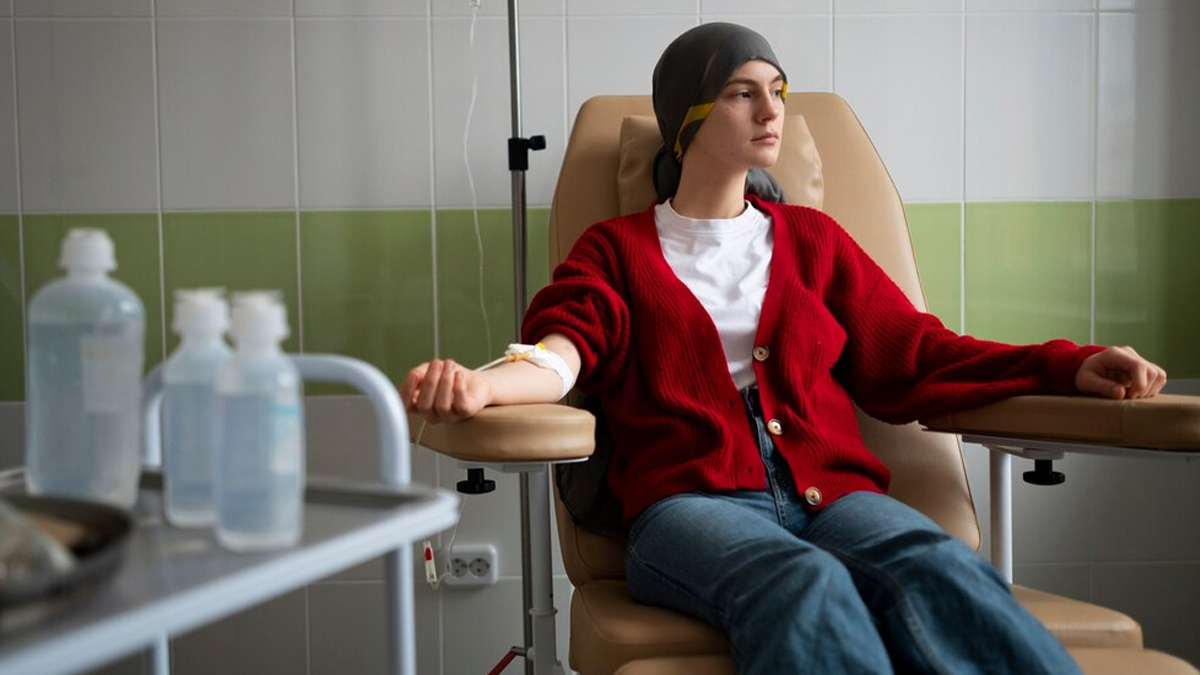
Did you know some medications may have unexpected side effects, such as dehydration? From diuretics to common pain relievers, many medications can increase water loss or reduce the body's ability to stay hydrated. Dehydration, though often overlooked, can affect everything from energy levels to kidney function. Hence, it is important to be mindful of your hydration, especially while taking these medications. We spoke to our expert Dr Sneha S, Consultant - Internal Medicine, Manipal Hospital, Sarjapur, Bengaluru, who shared insights on the common medications that may cause dehydration and how to manage it.
Table of Content:-

"Approximately 60% of the human body is made up of water, and maintaining the proper hydration level is crucial for preserving fluid balance and overall body homeostasis," said Dr Sneha. When we lose more water than we drink, the condition is called dehydration which leads to an imbalance that can affect numerous bodily functions.
Dr Sneha listed ways in which dehydration can occur:
- Increased urine production
- Electrolyte imbalance
- Reduced fluid absorption
- Increased sweating
- Altering kidney function
Also Read: Stay Hydrated and Refreshed: Healthy Electrolyte-Rich Drinks to Prevent Dehydration
Which Medications Can Lead To Dehydration?
Some medications can heighten the risk of dehydration by either promoting fluid loss or impairing the body's ability to retain water. Here are some common types of medications that may contribute to dehydration, as listed by the expert:
1. Diuretics

According to a 2019 study, diuretics are commonly used to treat conditions like hypertension, congestive heart failure, liver failure, nephrotic syndrome, and chronic kidney disease. Their primary function is to increase water excretion through urine due to their specific mechanism of action. Dr Sneha listed some common medications in this class as follows:
- Loop diuretics like furosemide (LASIX), torsemide
- Thiazide diuretics like hydrochlorothiazide
- Potassium-sparing diuretics like spironolactone, triamterene
- Additionally, these medications could be used in patients with kidney disease, and liver disease
2. SGLT 2 Inhibitors
"This class of drugs is widely used in the management of diabetes mellitus and is also employed in the treatment of heart failure. Drugs in this category are Empagliflozin, canagliflozin, and dapagliflozin," added Dr Sneha. These medications act by helping the kidneys remove excess glucose through urine which in turn increases the urine output and hence water loss leading to dehydration.
3. Blood Pressure Medications

ACE inhibitors, such as enalapril, ramipril, and lisinopril, as well as angiotensin receptor blockers like telmisartan, losartan, and valsartan, can cause dehydration if you don't drink enough water while taking these medications. These medications can suppress your urge to drink water, potentially leading to dehydration. When dehydrated, the risk of kidney injury from these medications significantly increases.
Also Read: Dehydration's Impact On Blood Pressure: Expert Explains The Mechanisms And Implications
4. Laxatives
These are commonly used to relieve constipation. They act by moving the water from the body to soften the stools. When misused or overused, they can lead to excessive water loss and dehydration.
5. Chemotherapy Drugs

"These medications are commonly used in cancer treatment and are known to cause side effects, such as nausea, vomiting, and diarrhoea. When these symptoms become severe or prolonged, they can result in significant fluid loss, increasing the risk of dehydration," added Dr Sneha.
6. Lithium
Lithium (Lithobid) is a mood stabiliser used to treat bipolar disorder, as stated by the National Alliance on Mental Illness (NAMI). It can cause increased urination and thirst, which may lead to dehydration if fluid intake is not properly managed.
7. Commonly Prescribed Medications
This can include medications like oral antibiotics (used to treat infections) and pain killers (Ibuprofen, Aceclofenac) may induce vomiting and/or diarrhoea and thus lead to dehydration.
8. Antihistamines
Antihistamines like diphenhydramine and antidepressants like Selective Serotonin Reuptake Inhibitors (SSRIs), such as Fluoxetine, and tricyclic antidepressants (TCAs) like amitriptyline may cause dryness of mouth and increase the feeling of thirst.
Bottomline
Dr Sneha concluded, "While these medications are beneficial in treating health conditions, the possibility of dehydration with these medications should be considered and appropriately handled. Dehydration could be deleterious if not taken care of. Hence, while on any of the above medications it is important to keep oneself well hydrated. Proper hydration is essential for staying healthy and overall well-being, and it becomes even more crucial when taking medications that can lead to dehydration."
[Disclaimer: This article contains information provided by an expert and is for informational purposes only. Hence, we advise you to consult your own professional if you are dealing with any health issues to avoid complications.]
Also watch this video
How we keep this article up to date:
We work with experts and keep a close eye on the latest in health and wellness. Whenever there is a new research or helpful information, we update our articles with accurate and useful advice.
Current Version